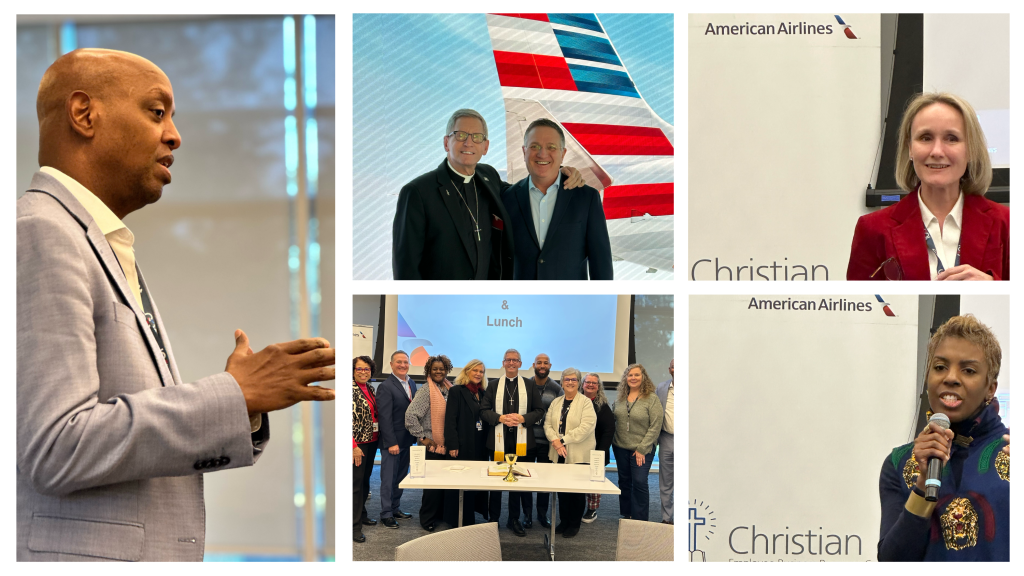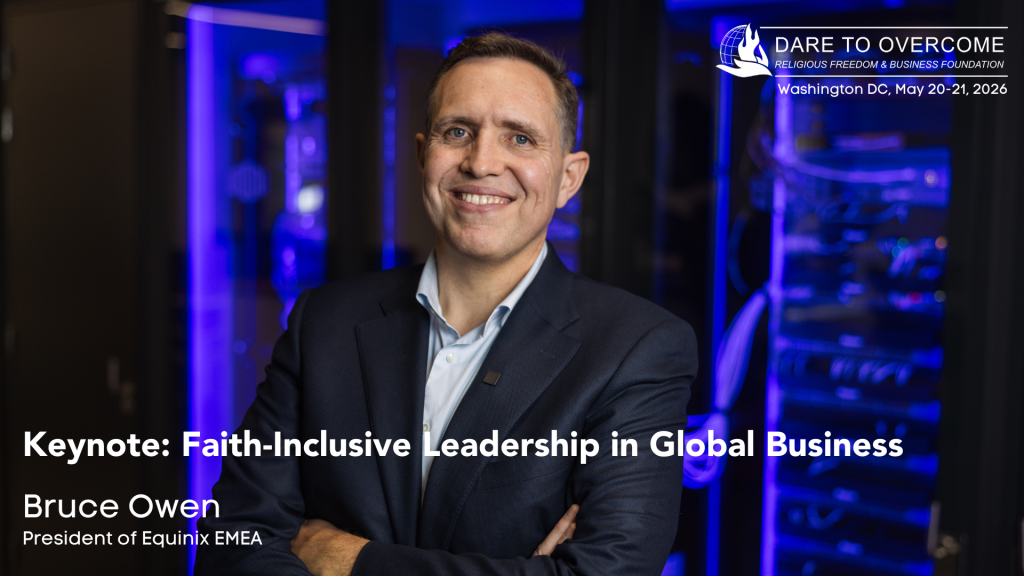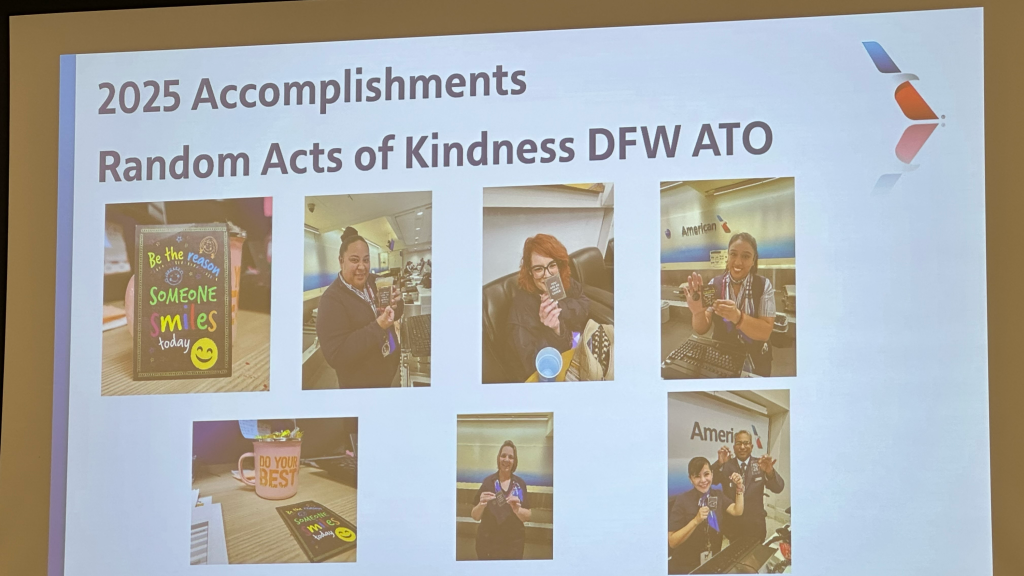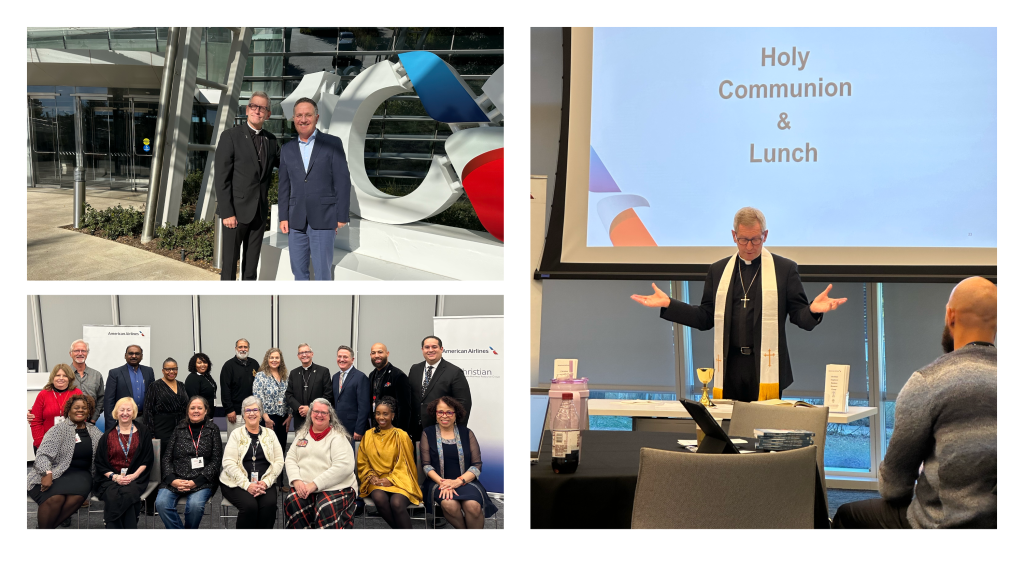Three Benefits of For Your Organization
By Brian Grim
In today’s global workforce, belonging has become a business imperative — not a “nice to have.” Yet one dimension of inclusion has often been overlooked: faith and belief.
That is changing.
Our Faith-Friendly Workplace REDI Index has emerged as a leading benchmarking tool for organizations that want to understand not just whether they are inclusive, but how effectively faith and belief are embedded into workplace culture, policies, and leadership practices.
Based on growing participation across Fortune 500 companies and beyond, three clear benefits stand out for organizations that benchmark their progress.
1️⃣ Clear Insight Into Faith-Inclusion Maturity
You can’t improve what you don’t measure.
A tool like the REDI Index provides organizations with a structured, data-driven assessment of faith-friendly practices — from religious accommodations and inclusive policies to employee resource groups and leadership engagement.
Benchmarking delivers:
- — A clear picture of strengths and gaps
- — Insight into how your organization compares with peers
- — Practical guidance on where to focus next
This moves faith inclusion from intention to measurable strategy, giving leaders clarity and confidence as they build more inclusive workplaces.
2️⃣ Stronger Talent Engagement, Attraction, and Retention
Employees want to bring their whole selves to work — including their faith or belief identity.
Organizations that benchmark and improve their faith-friendly practices send a powerful signal of respect and trust. The result is higher engagement, stronger loyalty, and a workplace culture where people feel seen and supported.
When employees experience that level of inclusion, they are more likely to:
- — Stay longer
- — Be more engaged and productive
- — Serve as ambassadors for the organization’s values
In a competitive talent market, faith-friendly workplaces gain a meaningful edge.
3️⃣ A More Inclusive Culture That Drives Reputation and Results
Benchmarking faith inclusion is not just about internal culture — it’s also about leadership and reputation.
Companies that explicitly include religion and belief as part of their belonging and inclusion efforts demonstrate credibility, cultural intelligence, and readiness for a global marketplace. This strengthens relationships with customers, communities, and stakeholders alike.
As recent REDI Index findings show, a growing number of leading companies now recognize faith inclusion as foundational to:
- — Innovation and collaboration
- — Brand trust and social responsibility
- — Long-term organizational resilience
Faith inclusion is no longer peripheral — it is part of how high-performing organizations lead.
Final Thought
Benchmarking with the Faith-Friendly Workplace REDI Index signals that an organization is serious about belonging — not just in principle, but in practice.
It provides clarity for leaders, strengthens talent outcomes, and supports a culture that fuels both performance and trust.
As the faiths and beliefs of employees continues to shape the modern workplace, organizations that measure and improve today will be the ones that lead tomorrow.

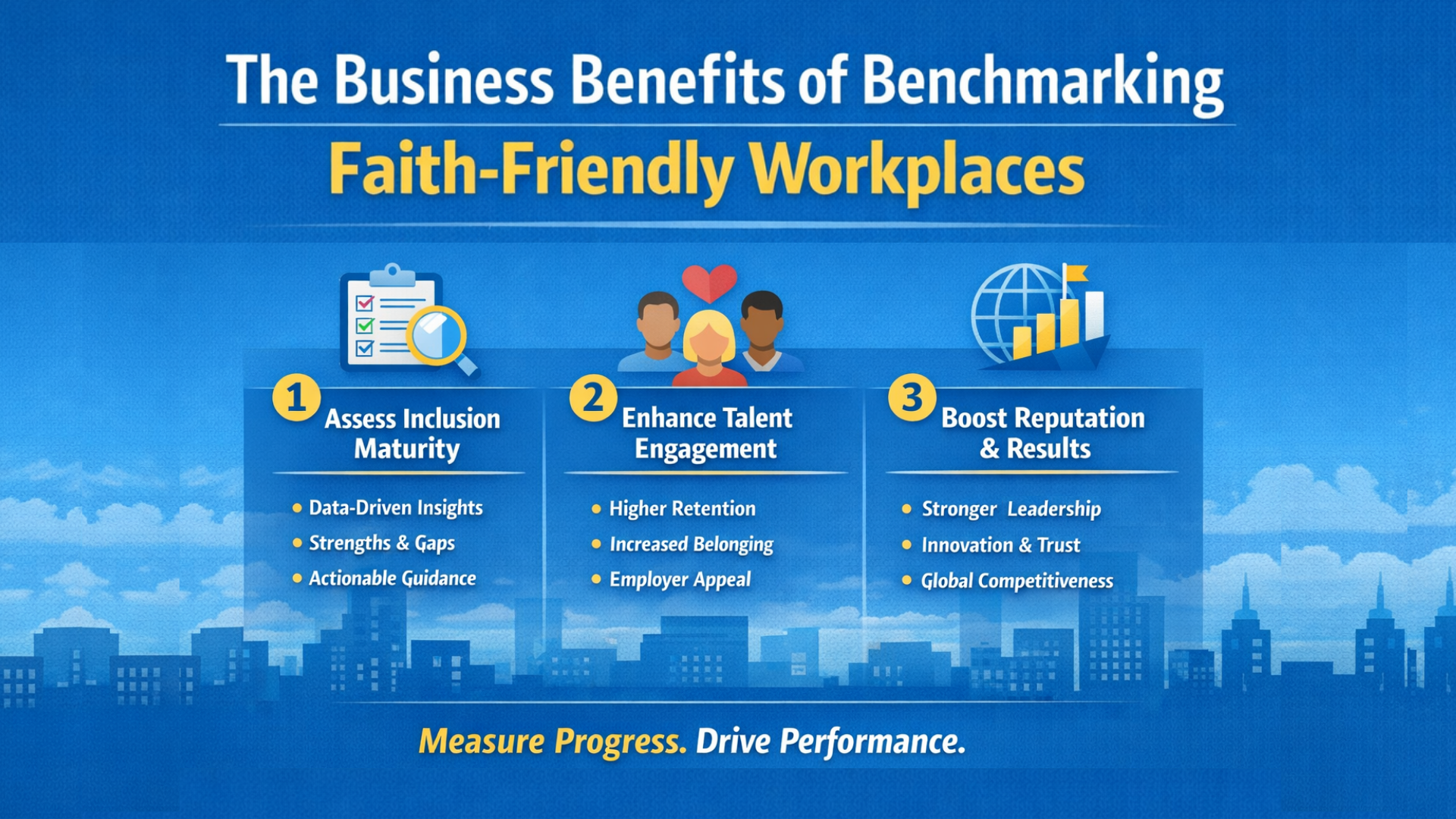
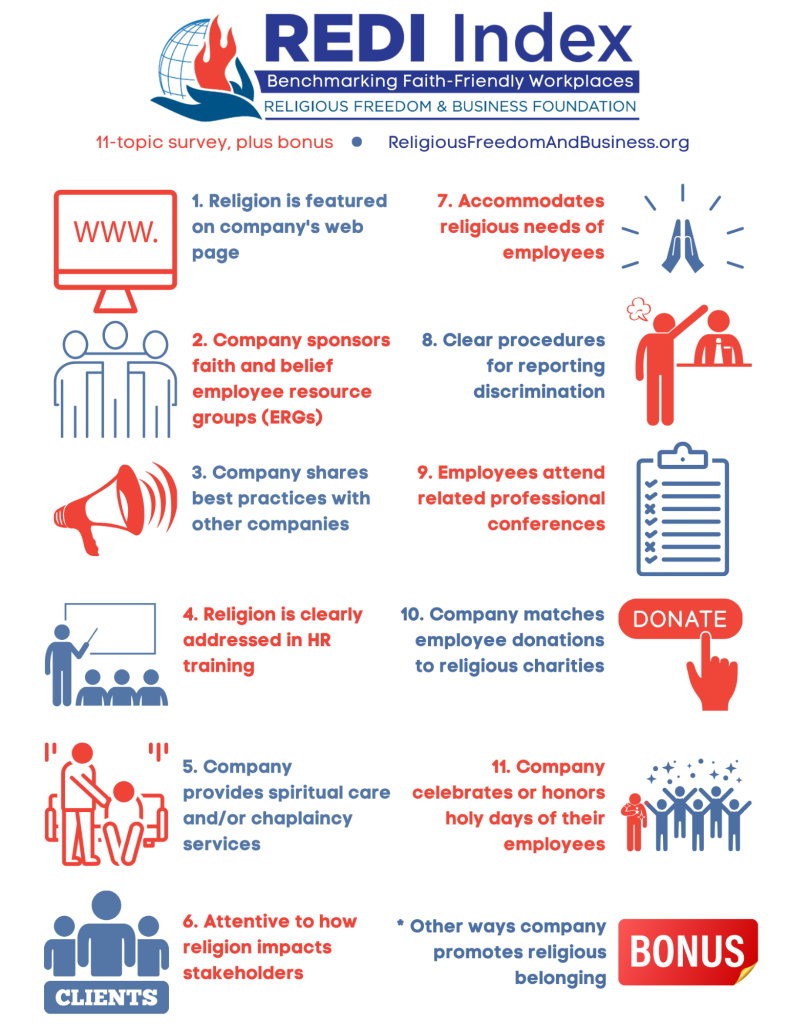


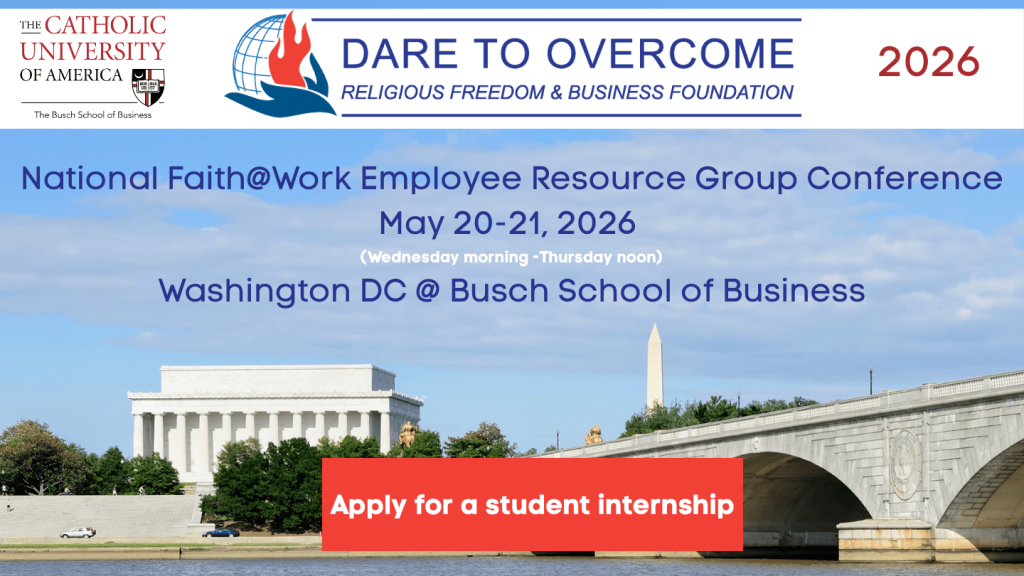
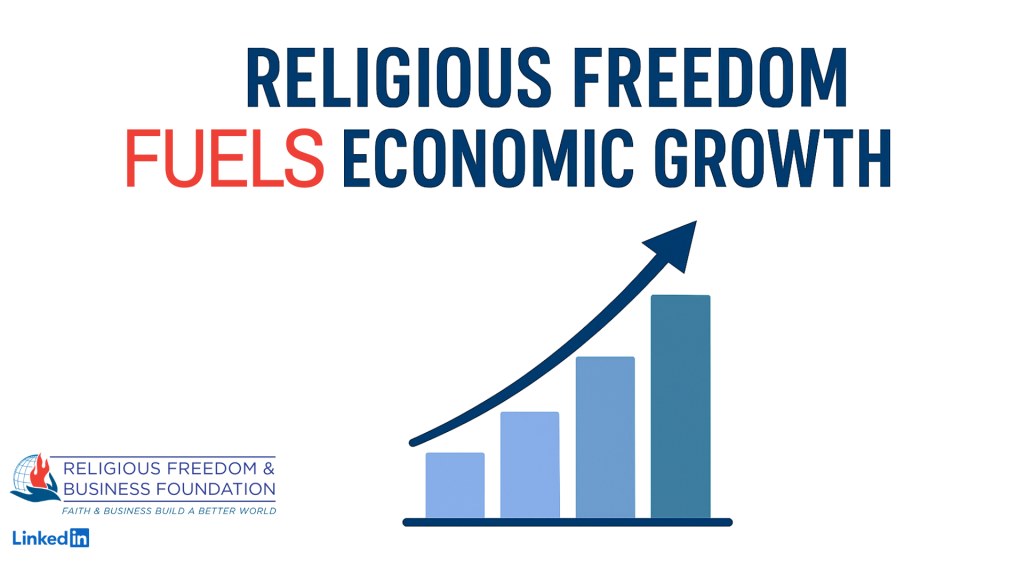
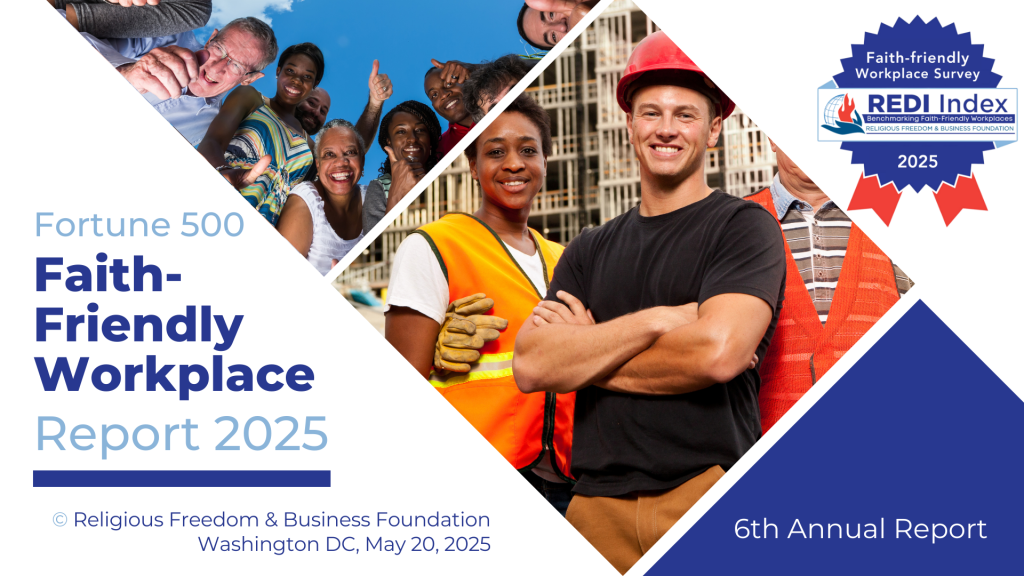
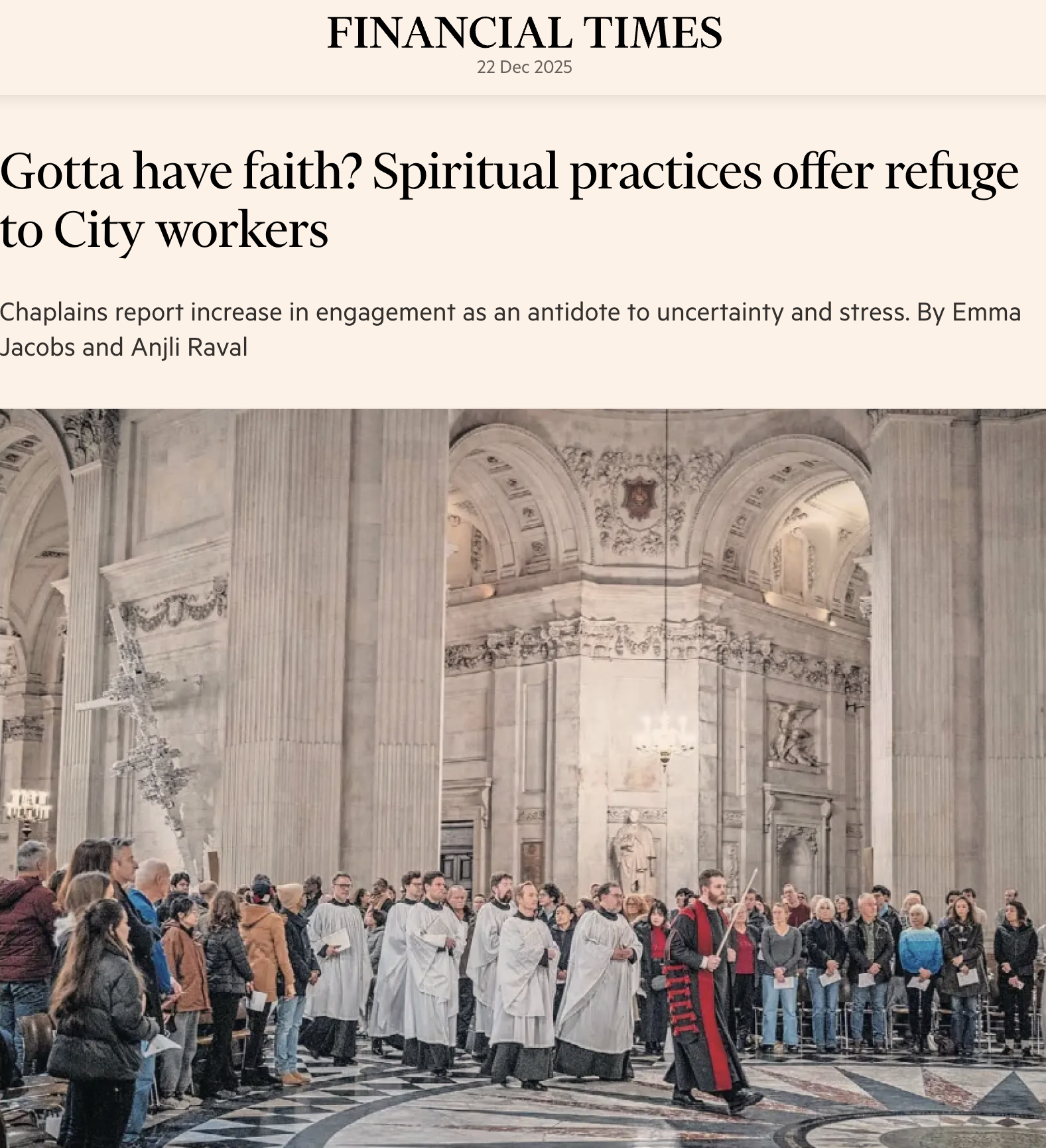
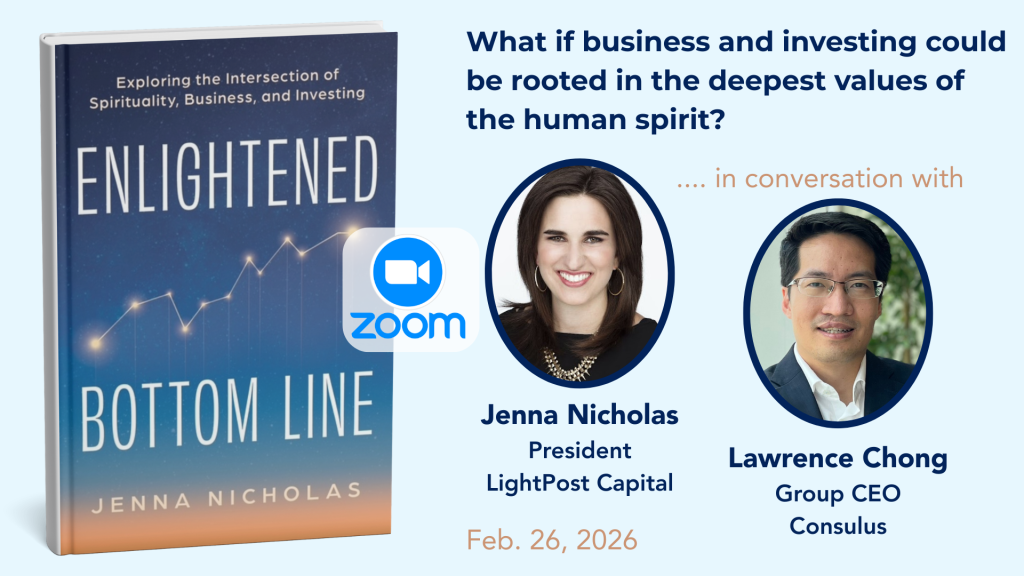


 By
By 

